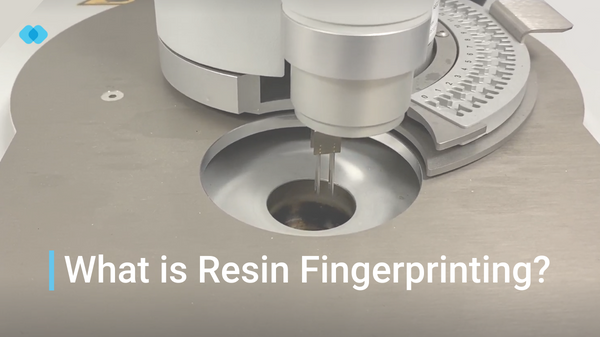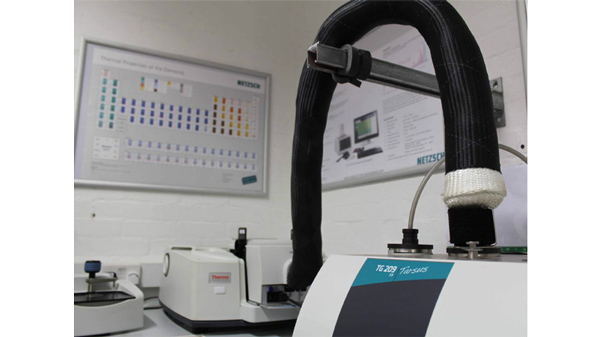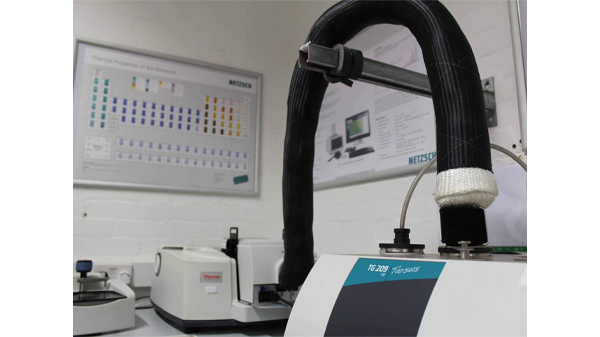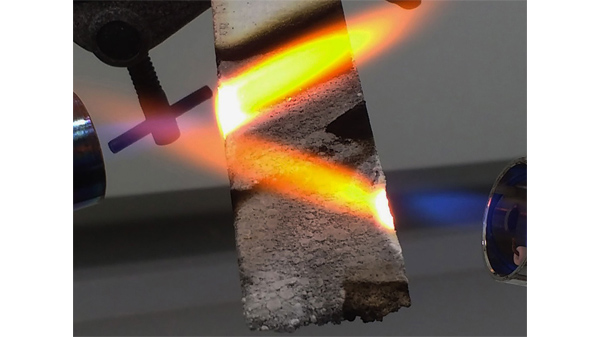What is vicat softening temperature?
The vicat softening temperature (VSP) test is a standard test (ASTM D1525 and ISO 306) used to assess the temperature at which a needle of specified dimensions penetrates into plastic specimen a specified distance under a given load.
Compared with the heat distortion test (HDT), the vicat test reveals the temperature at which the specimen loses its "stability-form" and softens, while HDT test measures the temperature at which the specimen loses its "load-bearing" capability. VSP characteristic of plastic samples is an important tool for material selection process as well as for product design and manufacture.
During VSP test, a flat-ended needle loaded with a specified mass is placed in direct contact with a test specimen, which is immersed in a heat transfer oil bath. The load applied to the specimen could be either 10 N or 50 N. Subsequently the specimen and needle are heated at either 50 oC/h or 100 oC/h. Finally, the temperature at which the needle penetrated to a depth of 1 mm is recorded and it is the Vicat softening point.





